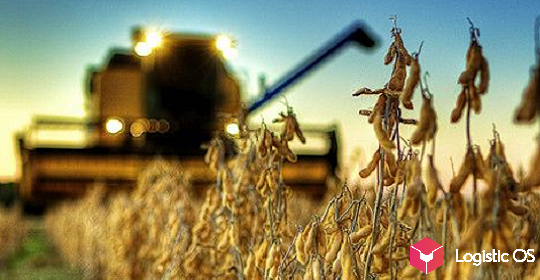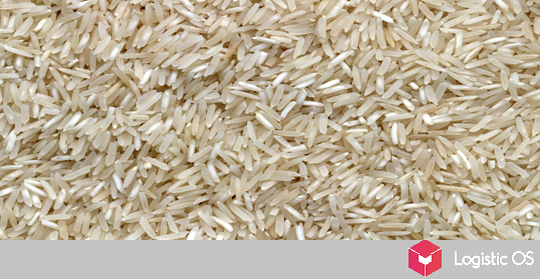The EU, which was previously the main consumer of beet pulp from the Russian Federation, has now completely abandoned it. As a result, most deliveries are now directed to Turkey and China.
According to the Institute for Agricultural Market Studies, about 1.5 million tons of granulated beet pulp, a by-product from the processing of sugar beets into sugar, was produced in Russia last season.
At the same time, pulp is a well-established livestock feed, but in Russia it is still not popular among livestock breeders.
And therefore, almost the entire volume of pulp produced in the Russian Federation — about 85-90% — was previously exported.
In previous years, up to 90% of the Russian pulp was taken by Europe. However, this June, the EU imposed sanctions, according to which the import of such products into its territory is prohibited.
As a result, the structure of Russian exports for this product has changed.
Turkey and China, which previously ranked second and third at 5-15%, are now at the top. Under the new conditions, Turkey receives the lion’s share of Russian beet pulp — 60%, China accounts for up to 27%.
Interestingly, the UK, although generally supporting anti-Russian sanctions, did not join them on this issue. Since it is no longer a member of the EU, it buys Russian beet pulp.
At the same time, exports to the EU still did not completely close. After all, the ban was imposed on the import of ordinary pulp — unmelted.
But this limitation can be easily circumvented if molasses is produced. Therefore, it is not surprising that many Russian enterprises have already taken this path.
True, such pulp is subject to import duties, but in the end this increases prices for European livestock breeders.
In addition, a number of countries, such as Latvia and the Netherlands, are actively buying beet pulp not only for their own consumption. There is evidence that they sell it to other countries, that is, they are engaged in re-export.
Despite the large number of difficulties today, the prospects for the export of beet pulp still do not cause global concern, supplies are maintained.
For example, in August-December last year, up to 290 thousand tons of such a product were exported abroad.
In addition to existing buyers, other countries could well become them: for example, Saudi Arabia, Israel, and the Arab states.
Turkey increases imports of bran
In addition to beet pulp, this country is actively purchasing other agricultural products from the Russian Federation.
For example, in the Tambov region, they note that in 2022 the region supplied approximately 90 thousand tons of bran, which is 6 times higher than in 2021.
The sale of this product abroad is carried out under the regional project «Export of agricultural products» of the national project «International cooperation and export».
In 2023, the Tambov region aims to further increase the volume of exports of its products, — explained the governor of the region Maxim Egorov.

